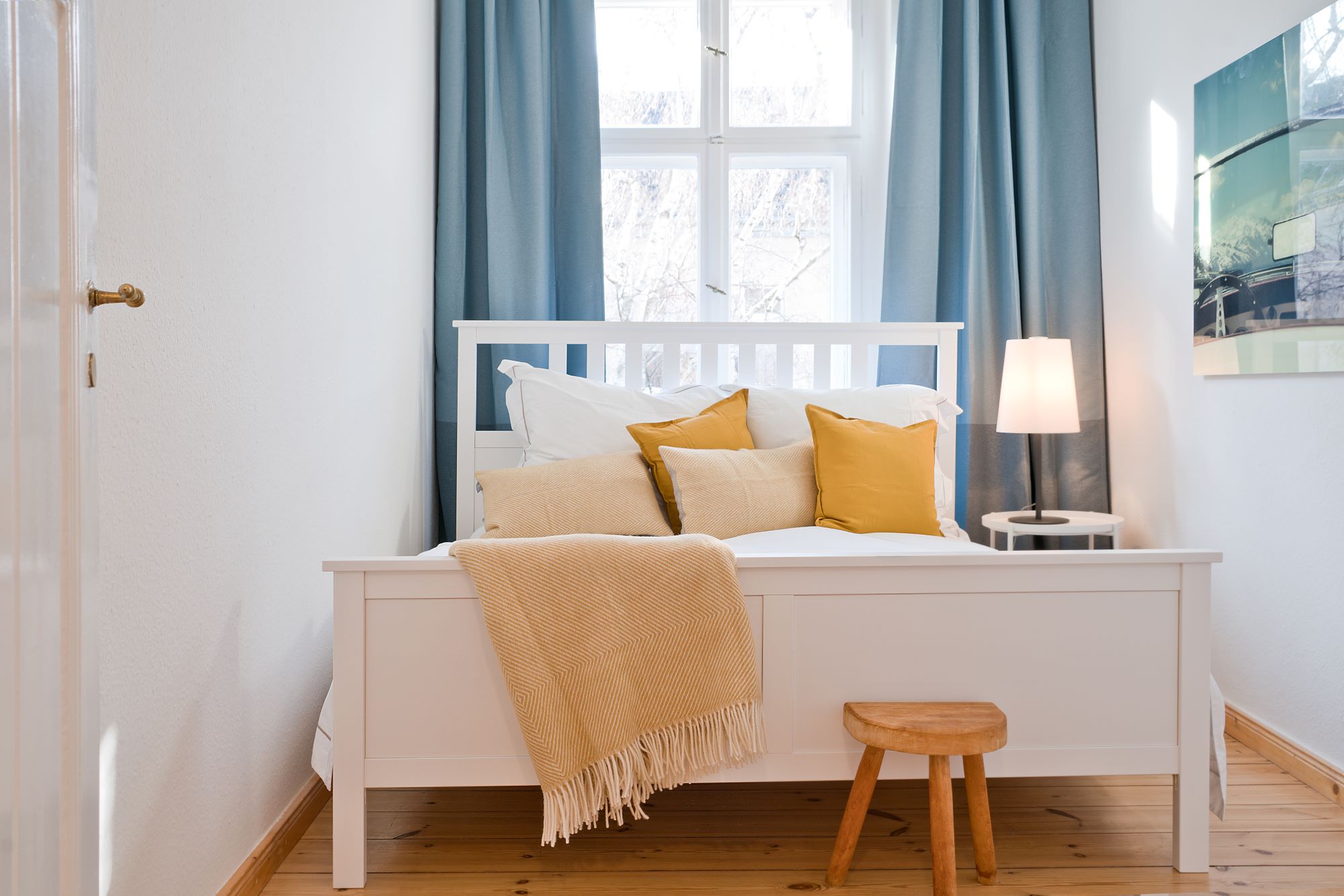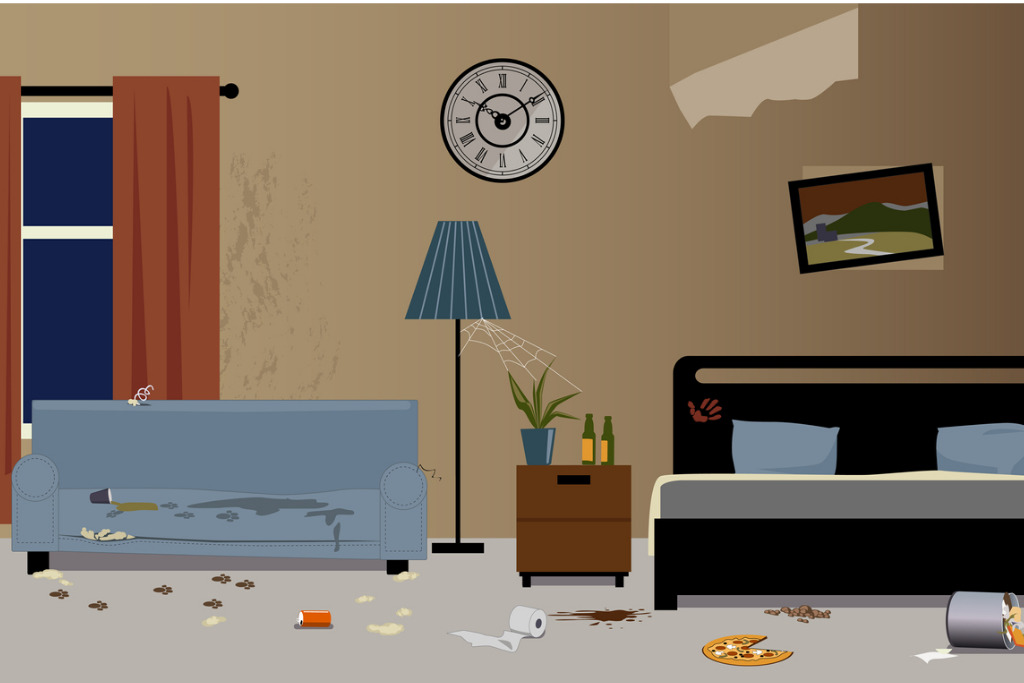Deposit for furnished Flats. Questions and Answers
 Von Christine Kandler
Von Christine Kandler

Do I always have to pay a deposit for a temporary apartment?
Yes, it's normal to put down a deposit for temporary accommodation. It serves as security for the landlord if the tenant does not pay the rent in full, or if damage occurs to the apartment for which the tenant is responsible. In addition, the cost of final cleaning will be deducted from the deposit.
What is the deposit for furnished apartments?
Most landlords require 1-2 months of rent as the deposit for a furnished apartment. The amount of the deposit also often depends on the length of the rental period. If you rent a furnished apartment for only 2 months without an extension option, the landlord is more likely to charge only one month's worth of rent as a deposit. If you rent for longer, several months or even a whole year, you should expect two months rent deposit.
The amount of the deposit is also at the discretion of the landlord, based on their expectations of the tenant.
When is the deposit due?
As a rule, you must pay the deposit when you sign the rental agreement. The first rent is then due before moving in.
How do I pay the deposit?
The landlords of temporary apartments are private landlords. This means that the deposit and the rent are paid by bank or wire transfer. The tenant must pay any bank charges or other costs.
Can I also pay a deposit insurance as a guarantee for the apartment?
Bond insurance is intended for permanent tenancies, not for temporary accommodation, therefore is not available in this case. In addition, the costs incurred by the tenant are not insignificant.
Do I have to pay the rent for the last month if I have paid a deposit?
Yes, the deposit may not be used to substitute the last month of rent even in short-term renting. This means that you have to transfer the rent for the last month to the landlord, and the deposit will then be settled after you move out.
When will the deposit be refunded?
If there are no damages, the deposit should be refunded no later than one month after the tenant moves out. If the tenant has caused damage, the deposit settlement and refund may take longer to be processed.
Do I have a guarantee that the landlord will refund the deposit?
The refund of the deposit is governed by German tenancy law, so every landlord must correctly settle and refund the deposit (minus final cleaning fee, etc.) to the tenant. Make sure that you inform the landlord of your bank details in good time. There are only a few exceptions where the tenant and the landlord come into conflict about the refund of the deposit, as there are usually no problems with tenants who continuously maintain the apartment, and handle the equipment responsibly.
What should I do if the landlord does not refund the deposit?
If the landlord of your apartment does not refund the deposit within the agreed period, it is easiest to just send them a reminder. Landlords are only human and sometimes do miss deadlines. The best thing in every case is to discuss the refund of the deposit when you move out of the apartment.
If the landlord does not respond to repeated reminders, let your agency know and they can help you.
Do I get a deposit statement?
Your landlord should explain to you how the deposit was calculated, e.g. costs for final cleaning, etc. It is best to speak to them before moving out, to clarify in which condition you should leave the apartment.
According to the tenancy agreement, you are obliged to maintain the apartment continuously, and to keep it clean. If a tenant does not comply with this and during a final cleaning coarse dirt from an oven or stove, or calcification in the bathroom have to be removed, the final deductions can become accordingly more expensive.
What should I do if something breaks in the apartment?
If something breaks while you are living in the apartment, make sure to inform the landlord immediately. It is also one of the your obligations under the tenancy agreement to report damage - no matter whether you are to blame or not. Usually if something happens, it's no big deal, and as long as you live in the apartment, repairs can be arranged more quickly than after you move out.
Most landlords are understanding people, and you can have good and open communication with them.
If it is certain that you have caused the damage, you are naturally responsible for it. In the case of major damage, liability insurance will cover it if you have taken it out. In the case of minor damage, it is more advisable to pay for it yourself.
Keep in mind that liability insurance also protects tenants against unjustified claims by the landlord.
The landlord can charge for the repair of damage caused by the tenant. However, he cannot charge the tenant a different value if something new is bought.If you have any more questions feel free to contact us at Crocodilian.
back to category: | The Temporary Rental Blog | Tenants | Paperwork & important stuff


